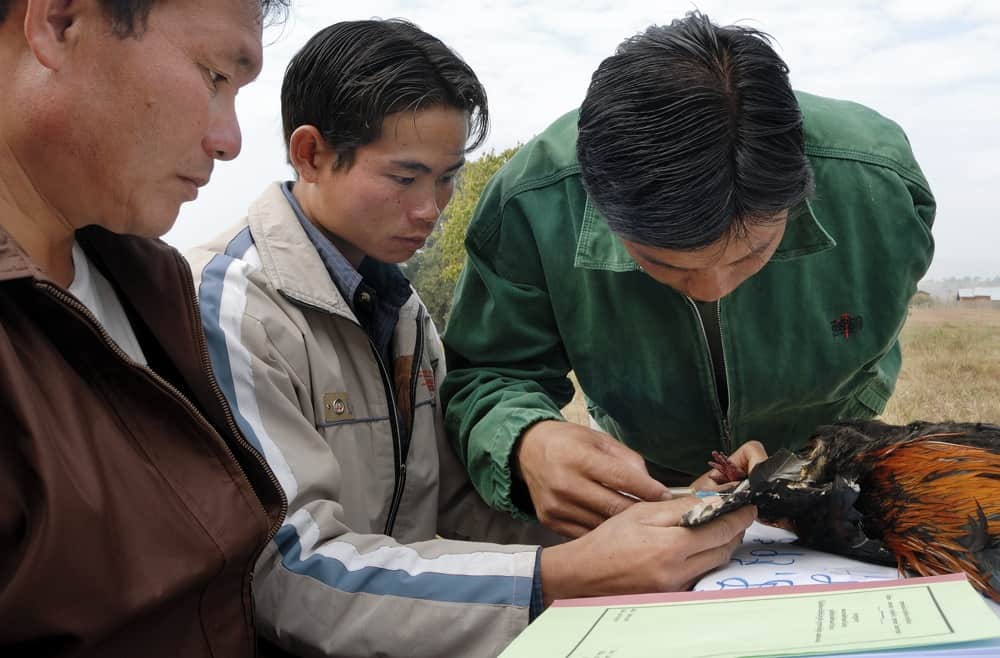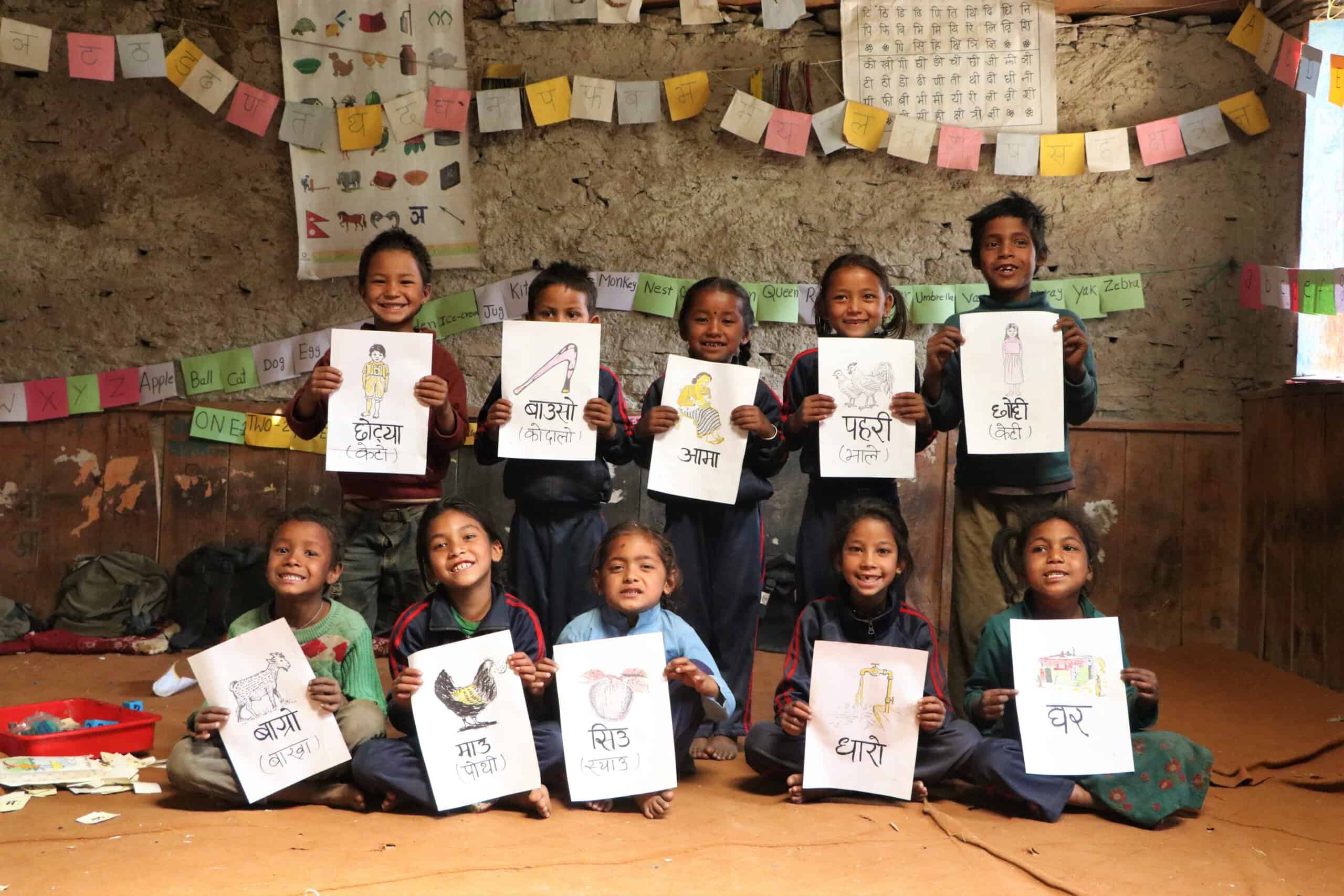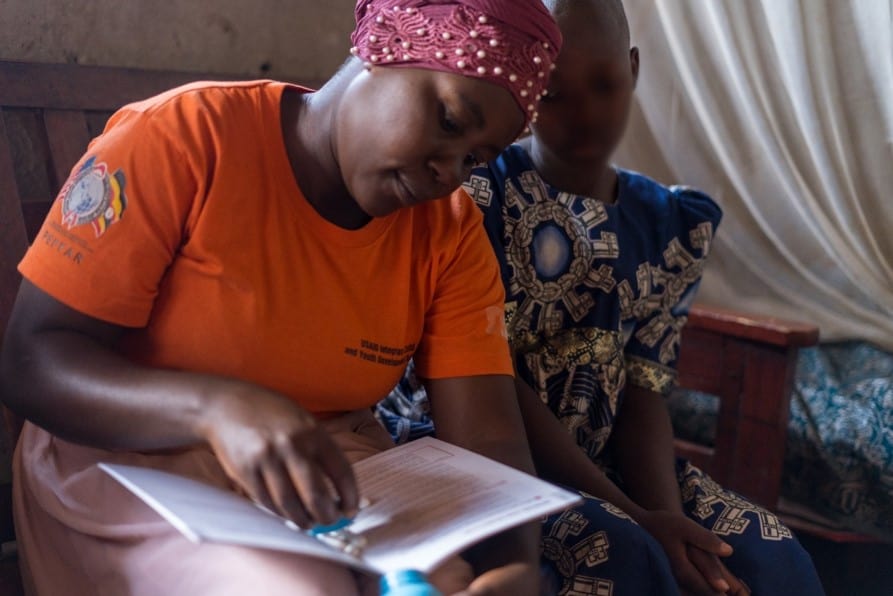For youth to grow into well-functioning adults, it is essential that they learn key life skills such as critical and creative thinking, decision-making, and effective communication, as well as skills for developing self esteem and healthy relationships, navigating harmful gender norms, and accessing health care. While important for all young people around the world, these skills are particularly critical for adolescents who lack accurate information and guidance for making consequential decisions such as becoming sexually active, staying in school, and preventing or responding to abuse. Many children, however, do not have access to education that includes life skills training.
We layer life skills education onto many of our programs for young people, and deliver these in club-like settings in and out of school, as well as through national school curricula.
We also work with partners, including ministries of education, schools, and nongovernmental organizations, to develop life skills curricula and training approaches and help programs integrate and teach life skills to students in both formal schools and non-formal settings.
Our life skills education approach makes curricula more relevant to the needs of all youth and vulnerable adults, whose grasp of learning content increases dramatically when it is linked directly to their everyday lives. Learners acquire a range of skills to live effectively in society, as well as specific technical and occupational skills including how to set up and run small businesses and use sustainable agriculture methods.





